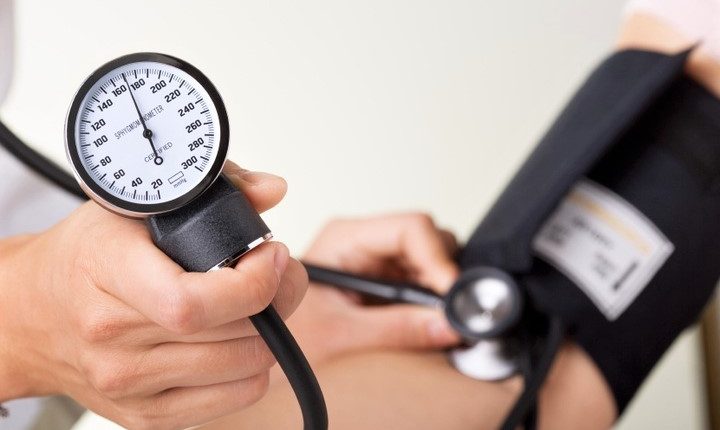
Low blood pressure in summer: what to do?
Low blood pressure: In summer, often due to very high temperatures, it can happen that you feel tired and weak, and perhaps experience dizziness, fatigue or even fainting
The cause is often hypotension, i.e. a drop in blood pressure below values considered ‘normal’.
What is blood pressure?
Blood pressure is the intensity with which blood flows through the vessels.
A pressure considered normal is between 100 and 120 mmHg (millimetres of mercury) maximum and 75-80 mmHg minimum.
Blood pressure is monitored by a specialist during a medical examination, although it can also be measured at home or even in a pharmacy – especially in the case of individuals suffering from low blood pressure, who, in agreement with their doctor, should also monitor it regularly at home.
Blood pressure values, when low, are not strictly linked to a precise number, because they can change depending on age, health conditions and other factors: for example, a blood pressure of 90/60 mmHg may be within the normal range for young, healthy individuals, but may be a sign of weakness in an elderly patient.
Low blood pressure: What causes it?
Factors that can influence blood pressure values include systolic volume, which is the amount of blood pumped by the heart with each contraction; vascular tone, which in turn can be influenced by stiffness or blockages in the blood vessels; and heart rate.
Variation in one or more of these factors can be the cause of lower blood pressure.
For example, a patient suffering from both heart failure and low systolic volume may perceive a decrease in blood pressure.
Arrhythmias can also cause a drop in blood pressure.
Low blood pressure: when to worry
Blood pressure values vary not only during the day, depending on the activities performed, but also in summer, due to the high heat.
For the most part, these variations are normal.
However, if hypotension is associated with other symptoms such as dizziness, light-headedness, dizziness, weakness, it is very important to contact your doctor.
Low blood pressure in summer: what to do?
To keep your blood pressure values ‘normal’ during the summer, you can
- Keep your body hydrated by drinking water to compensate for fluids lost through sweating. The water temperature should be cool, not icy;
- wet wrists and temples in hot weather to reactivate the nerve reflexes that lead to increased pressure;
- wear light clothing made of breathable fabrics (cotton, linen, silk, viscose…);
- drink coffee, which, thanks to its vasoconstrictive action, helps to raise blood pressure;
- avoid alcohol:
- if necessary and indicated by the doctor, take supplements of mineral salts such as magnesium and potassium, which are indispensable for the correct functioning of the body.
Read Also:
Emergency Live Even More…Live: Download The New Free App Of Your Newspaper For IOS And Android
Blood Pressure: When Is It High And When Is It Normal?
Kids With Sleep Apnea Into Teen Years Could Develop High Blood Pressure
High Blood Pressure: What Are The Risks Of Hypertension And When Should Medication Be Used?
Pulmonary Ventilation In Ambulances: Increasing Patient Stay Times, Essential Excellence Responses
Everything You Need To Know About High Blood Pressure (Hypertension)
Will Lower Blood Pressure Reduce The Risk Of Heart And Kidney Diseases Or Stroke? Yes, It Could Be
Rapid Blood-Pressure Lowering In Patients With Acute Intracerebral Hemorrhage
Blood Pressure: New Scientific Statement For The Evaluation In People
Will Lower Blood Pressure Reduce The Risk Of Heart And Kidney Diseases Or Stroke?
Cincinnati Prehospital Stroke Scale. Its Role In Emergency Department
Higher Risk Of Stroke For Veterans With Mental Health Disorders
Stroke Is A Problem For People With Long Work Hours Shift
Australian First Stroke Ambulance – New Frontier For Saving Lives



